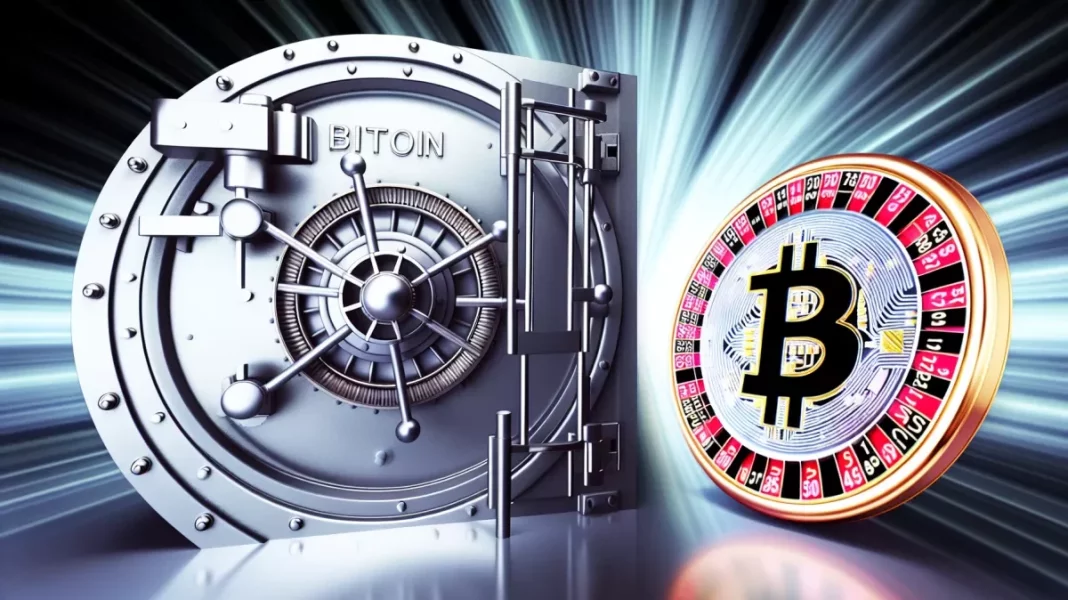In the bustling intersections of technology and finance, a new paradigm has surfaced, captivating the imaginations of tech aficionados and financial pioneers alike: Decentralized Finance (DeFi) Gaming Platforms. These platforms are more than just a fad; they represent a foundational shift in how individuals understand and interact with the domains of gaming, betting, and financial transactions. This article delves into this intriguing world where finance and betting converge, exploring what makes DeFi gaming platforms a groundbreaking innovation in the digital era.
At the core of DeFi gaming platforms is the blending of traditional gaming elements with financial mechanisms, implemented through blockchain technology. Blockchain, the same tech that underpins cryptocurrencies like Bitcoin and Ethereum, provides a trustless, decentralized, and transparent system, ideal for gaming applications that demand fairness and security.
The Development of DeFi and Gaming Confluence
The conception of DeFi itself was revolutionary, proposing a way for users to engage with financial services — from borrowing and lending to trading and asset management — without the need for centralized intermediaries like banks. Yet, the ingenious integration of DeFi with gaming has brought forth a niche known as ‘DeFi gaming,’ which is quickly scaling the popularity charts in the blockchain space.
DeFi gaming platforms harness the power of smart contracts — self-executing contracts with the terms directly written into lines of code. These smart contracts oversee all transactions and interactions on the platform, ensuring that every dice roll, card draw, or virtual asset purchase adheres to the pre-defined rules, eliminating the chance of fraud or interference.
A Notable Shift towards Play-to-Earn Models
One of DeFi gaming’s most significant contributions to the digital entertainment space is the ‘play-to-earn’ model. Unlike traditional gaming, where in-game earnings and achievements hold no value outside the game’s universe, DeFi gaming platforms enable players to earn real monetary value through their gaming exploits.
Players can earn cryptocurrencies, which can be exchanged for fiat currency or other digital assets, or non-fungible tokens (NFTs), unique digital collectibles that can be traded on various marketplaces. This model not only attracts players who are keen to monetize their gaming skills but also introduces them to the underlying principles of DeFi and cryptocurrency trading.
Emerging Platforms at the Forefront
The rise of these platforms is nothing short of impressive, with several notable projects establishing themselves at the forefront of this movement. Many DeFi gaming platforms offer an assortment of play-to-earn games, betting options, and even virtual casinos, all operating on the blockchain.
For instance, some platforms specialize in sports betting, enabling users to place bets on real-world events using cryptocurrencies. Others offer more traditional casino games like poker, slots, or roulette, infused with DeFi mechanics to ensure provably fair outcomes and decentralized governance.
A key advantage of these platforms is the ability to offer reduced transaction fees and faster payouts compared to traditional online betting sites. Transactions are settled on the blockchain, which can take mere minutes or even seconds, drastically reducing the wait times for withdrawals.
The Future Is Interoperable
Another trend in the DeFi gaming ecosystem is interoperability—the ability of different blockchain platforms to work together seamlessly. This means that the virtual assets or winnings from one game on one platform could, in the future, be used on another, creating a much more integrated and comprehensive DeFi gaming experience.
However, with all the prospects and potentials that DeFi gaming platforms offer, there are also challenges to be mindful of. Regulatory scrutiny is increasing, as governments around the world grapple with how to categorize and control these novel financial instruments. DeFi gaming platforms must navigate complex legal landscapes and ensure compliance with various national and international laws.
Moreover, the technical barriers to entry can be significant. Non-tech-savvy users may find it overwhelming to set up digital wallets, purchase cryptocurrencies, and interact with these platforms, potentially limiting their mainstream adoption.
In Conclusion
DeFi gaming platforms represent a bold and transformative fusion of gaming, finance, and technology. As these platforms continue to evolve, they promise not only a new venue for entertainment but also a practical application for the revolutionary technologies of blockchain and decentralized finance. The potential for mass adoption lies ahead as interfaces become more user-friendly and regulations more defined.
For enthusiasts and novice users alike, the convergence of finance and betting in the form of DeFi gaming platforms offers an exciting glimpse into the future of digital transactions and entertainment. As the ecosystem matures, these platforms have the potential to redefine the boundaries between play and pay, delivering an experience where every user can be both a gamer and an investor.



